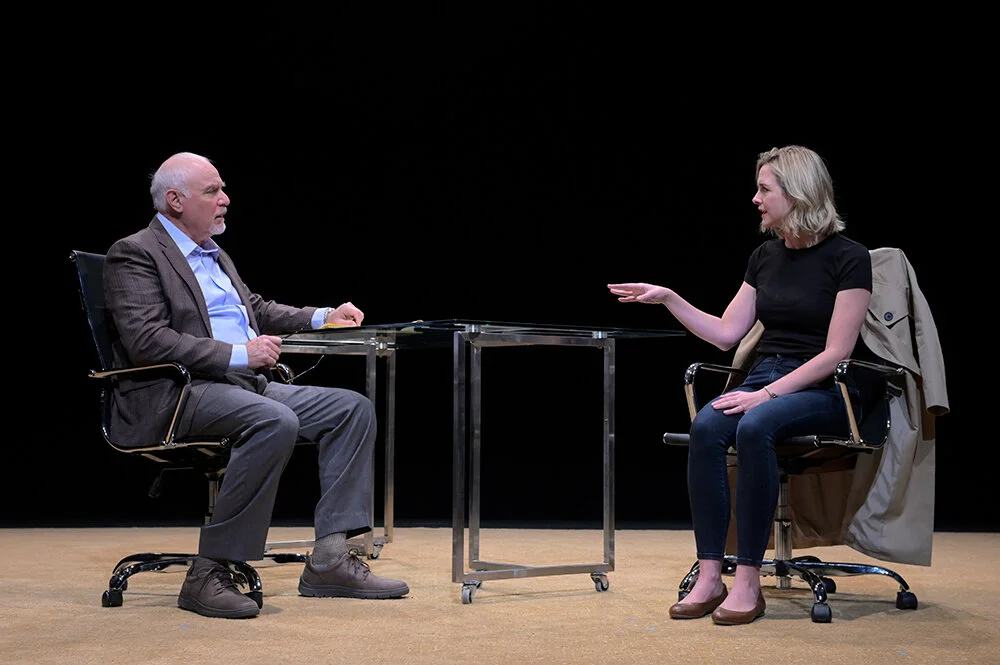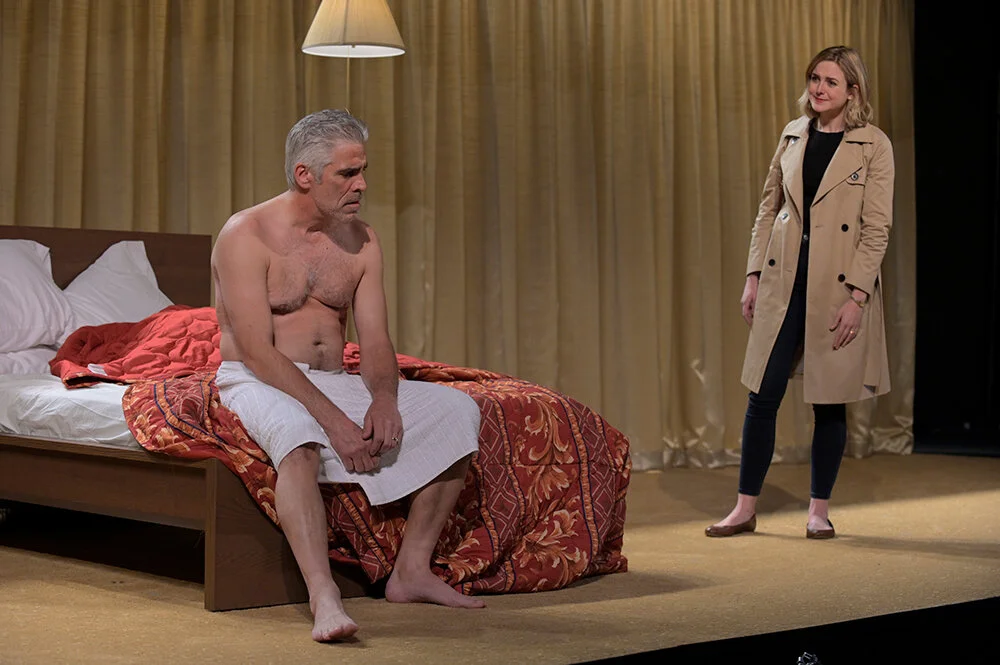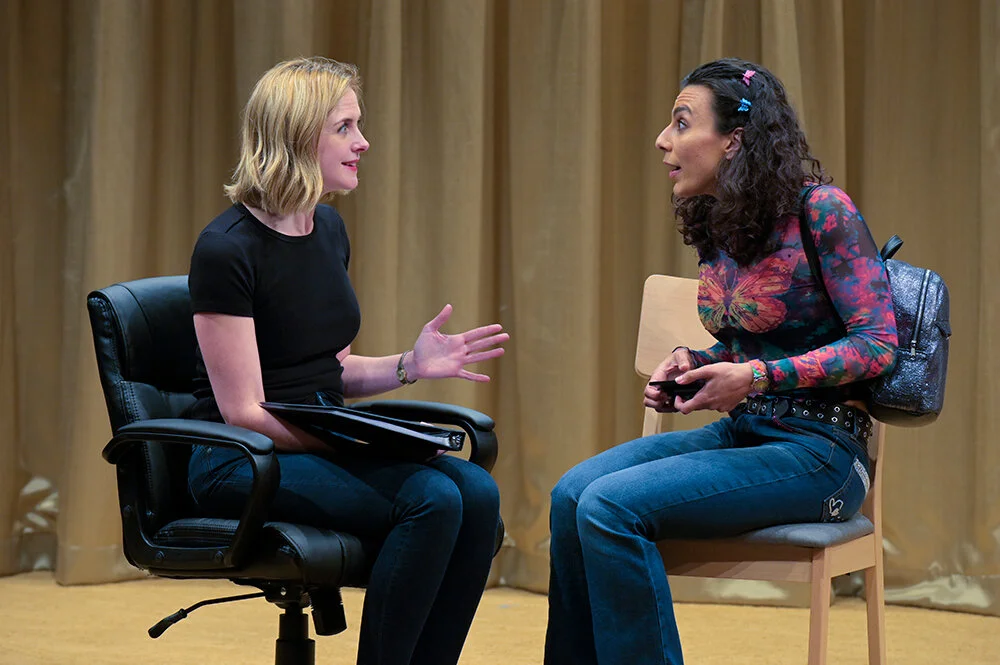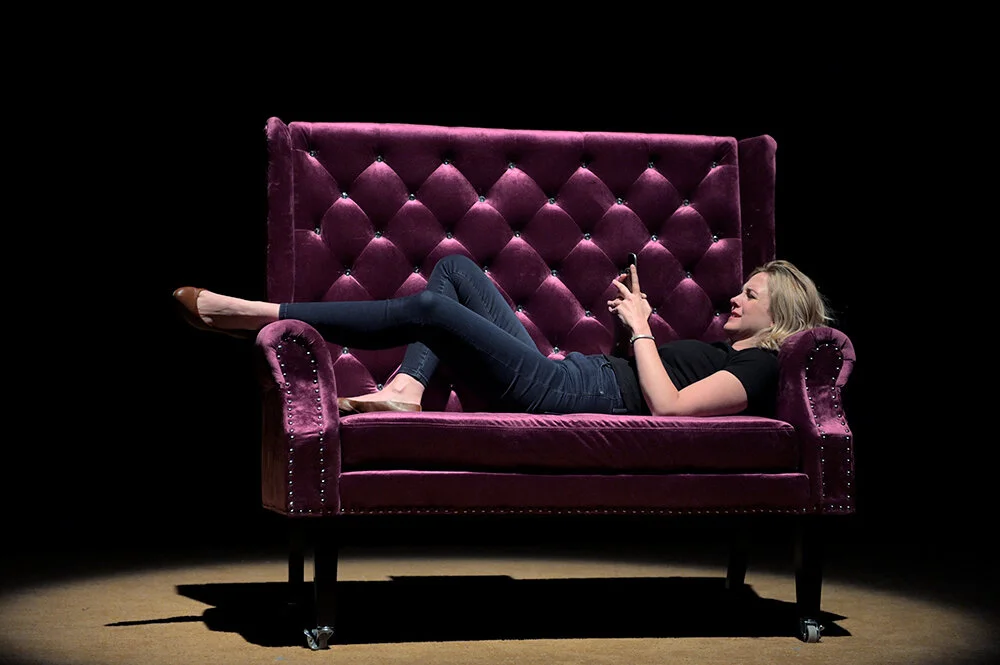
Ronnie's Awesome List Homepage
Ronnie's Awesome List, The Ultimate Kids Events Round-Up In Marin And Beyond.
Ronnie's Awesome List
Ronnie's Awesome List, The Ultimate Kids Events Round-Up In Marin And Beyond.
Let’s Get Social
Sign up for my weekly newsletter delivered every Thursday.
Sponsors
Awesome List by Month
December Awesome List
January Awesome List
February Awesome List
March Awesome List
👉 Information listed may change at anytime. Please confirm details with event organizers in advance.






















